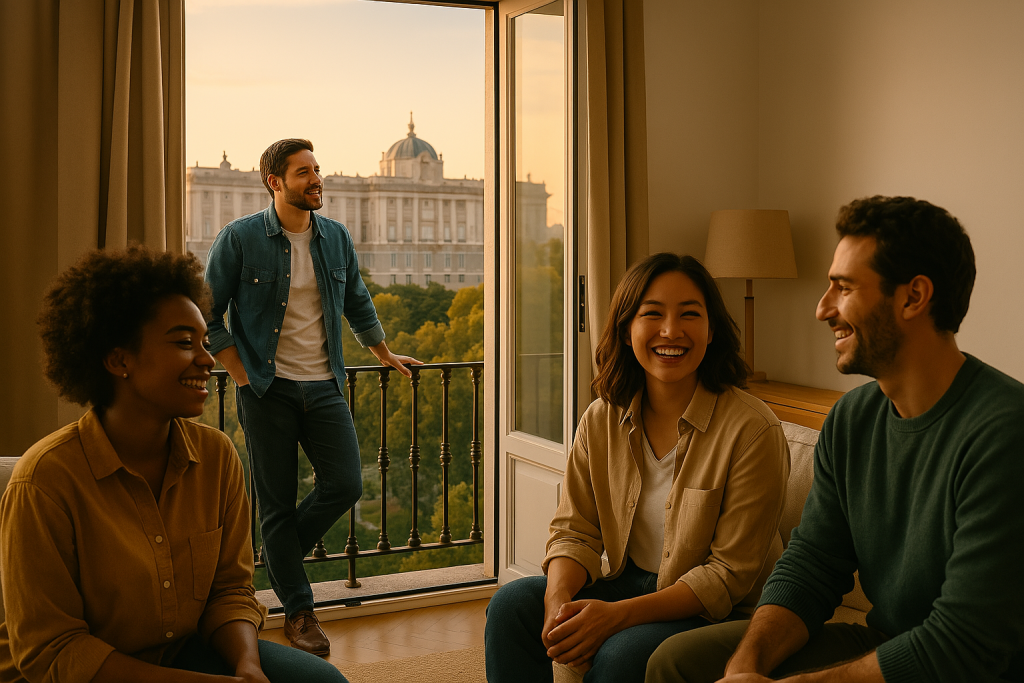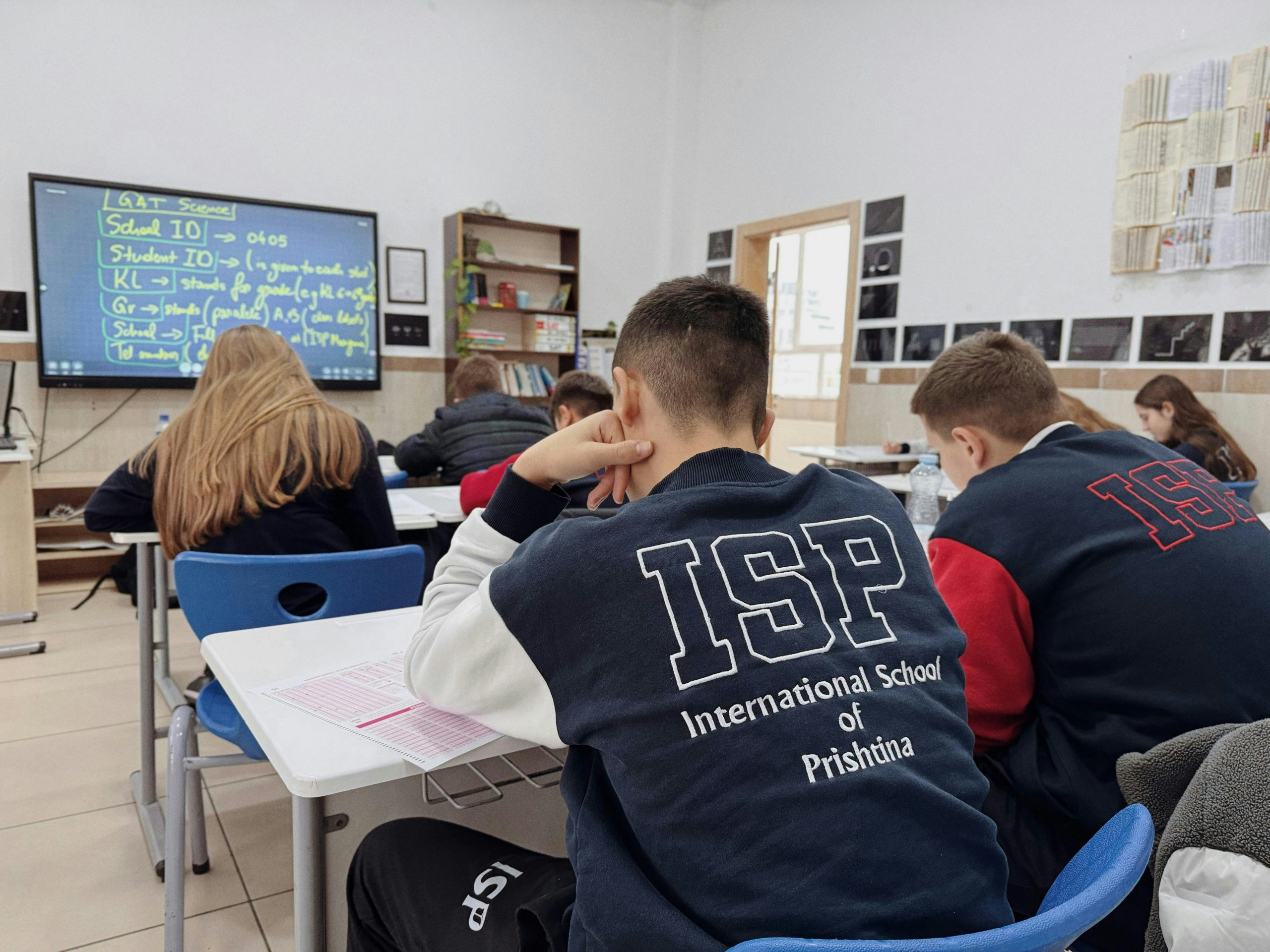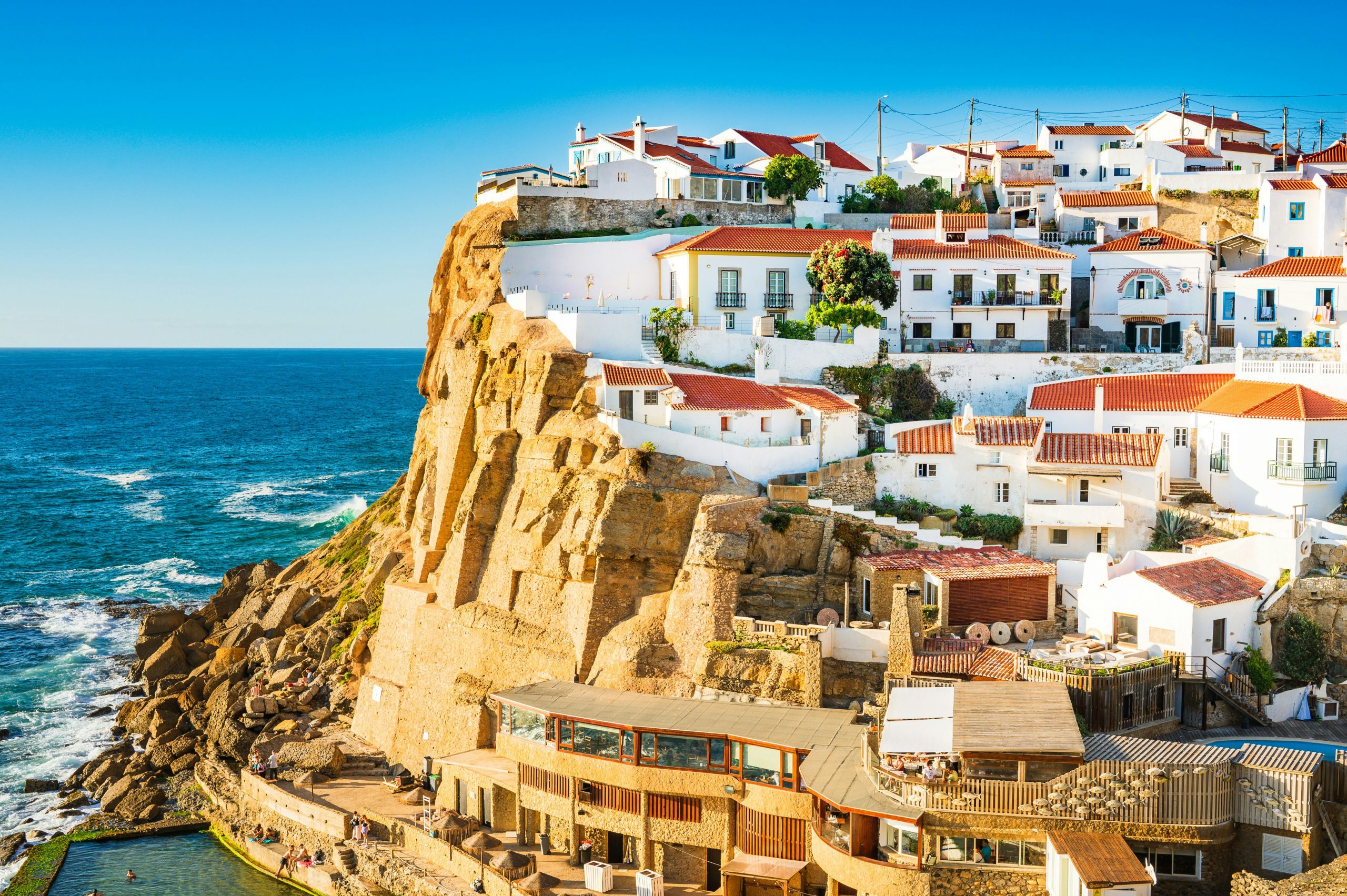Madrid is much more than Spain’s political capital—it’s a cultural, social, and creative hub where tradition meets modern energy. For newcomers moving to Madrid, understanding the city’s unique rhythm early can transform your relocation experience from overwhelming to extraordinary.
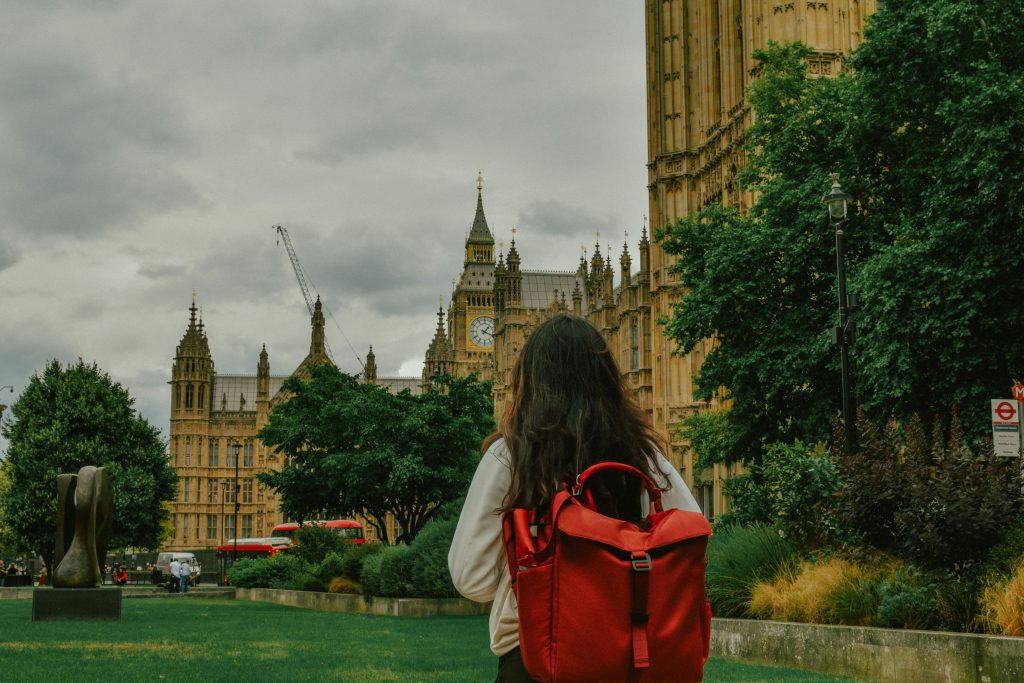
The city’s tempo—lively, spontaneous, and deeply human—follows its own unwritten rules. According to Madrid’s official tourism board, the capital welcomes thousands of new residents annually who quickly adapt to its distinctive way of life.
Understanding Madrid’s Unique Lifestyle Rhythm
Daily life in Madrid operates on a different schedule that many newcomers moving to Madrid find both surprising and delightful. Lunch serves as the main meal, often spanning two hours followed by “sobremesa”—the cherished post-meal conversation reflecting Spanish values of connection over rushing.
Adapting to Local Customs and Social Patterns
Evening paseos (neighborhood walks) and late social gatherings characterize Madrid’s social fabric. While initially challenging for international arrivals, this rhythm soon reveals its benefits: stronger relationships and improved work-life balance. For more insights on cultural adaptation, explore our Spanish culture guide for expatriates.
Finding accommodation represents one of the most significant challenges for newcomers moving to Madrid. Each barrio possesses distinct character: Malasaña’s artistic vibe, Chamberí’s elegance, Salamanca’s luxury, and Lavapiés’ vibrant diversity.
Rental competition remains intense, with landlords typically requesting substantial documentation, financial guarantees, and deposits equivalent to one or two months’ rent. Spanish rental contracts contain specific legal terminology that benefits from professional translation and explanation.
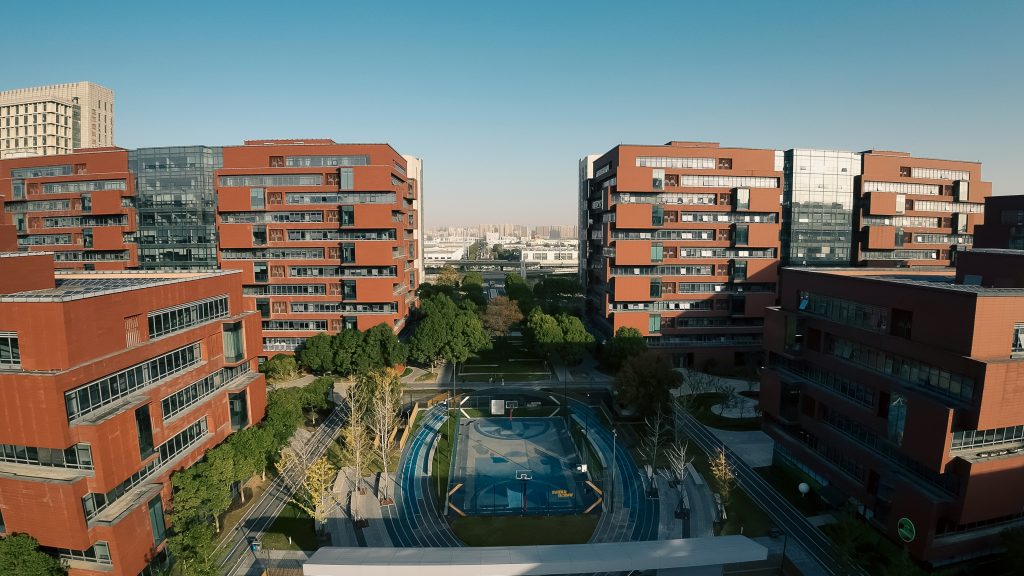
Mastering Madrid’s Transportation Systems
Madrid boasts one of Europe’s most efficient public transport networks, featuring comprehensive metro, bus, and commuter train systems. The zone-based travel card provides unlimited mobility, though understanding zone classifications requires initial orientation.
Walking and Cycling in the Spanish Capital
Central districts prove exceptionally walkable and bike-friendly, with most attractions, workplaces, and social venues within comfortable walking distance. Pre-arrival familiarity with transport options significantly reduces initial stress. For detailed navigation support, consult our Madrid transportation guide.
Building Community and Social Connections
Madrid’s culture radiates warmth and openness, with locals typically curious about international arrivals. Basic Spanish language efforts yield substantial relationship-building rewards. The city’s continuous cultural calendar—featuring festivals, verbenas, and street celebrations—provides natural social integration opportunities.
Initial loneliness affects many newcomers, making proactive community engagement through language exchanges, fitness activities, and volunteer programs essential for developing meaningful social networks.
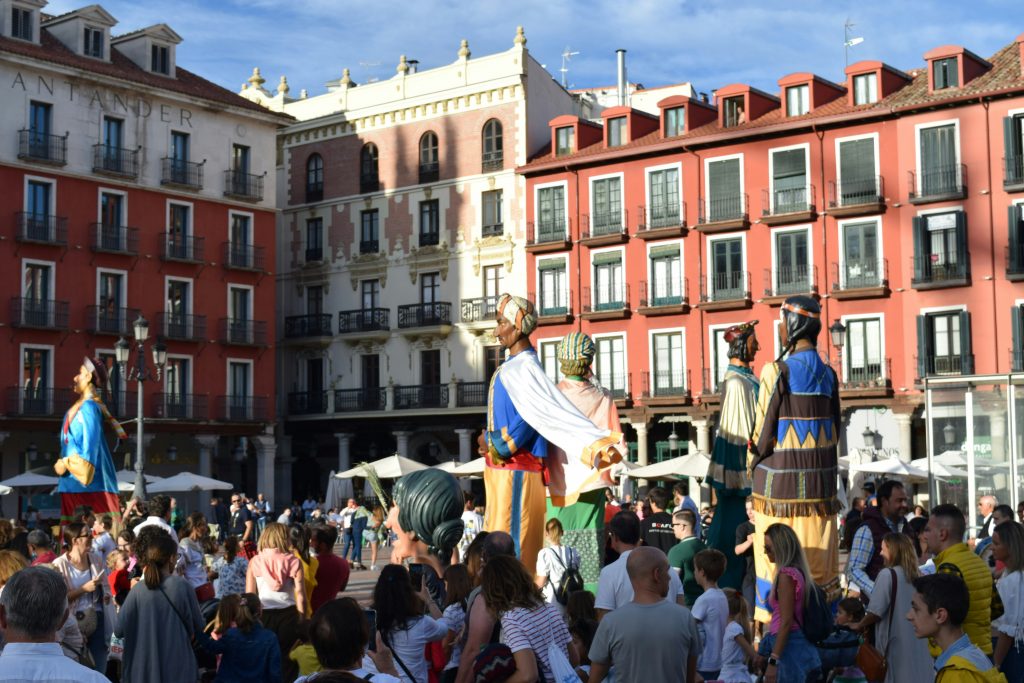
Overcoming Initial Relocation Challenges
Administrative processes—visa applications, residence registrations, and permit acquisitions—often proceed slower than anticipated. Single document omissions can cause significant delays. Establishing healthcare access, banking relationships, and utility services demands patience and systematic approach.
Professional guidance transforms these potential obstacles into manageable steps, ensuring newcomers moving to Madrid navigate bureaucratic systems efficiently while avoiding common pitfalls.
At EduMobility, we transform relocation uncertainty into confidence, helping you settle rapidly, connect authentically, and embrace Madrid’s vibrant spirit from arrival. The city’s fusion of tradition and modernity, combined with its welcoming atmosphere, creates an unforgettable living experience for those prepared for the adventure.


